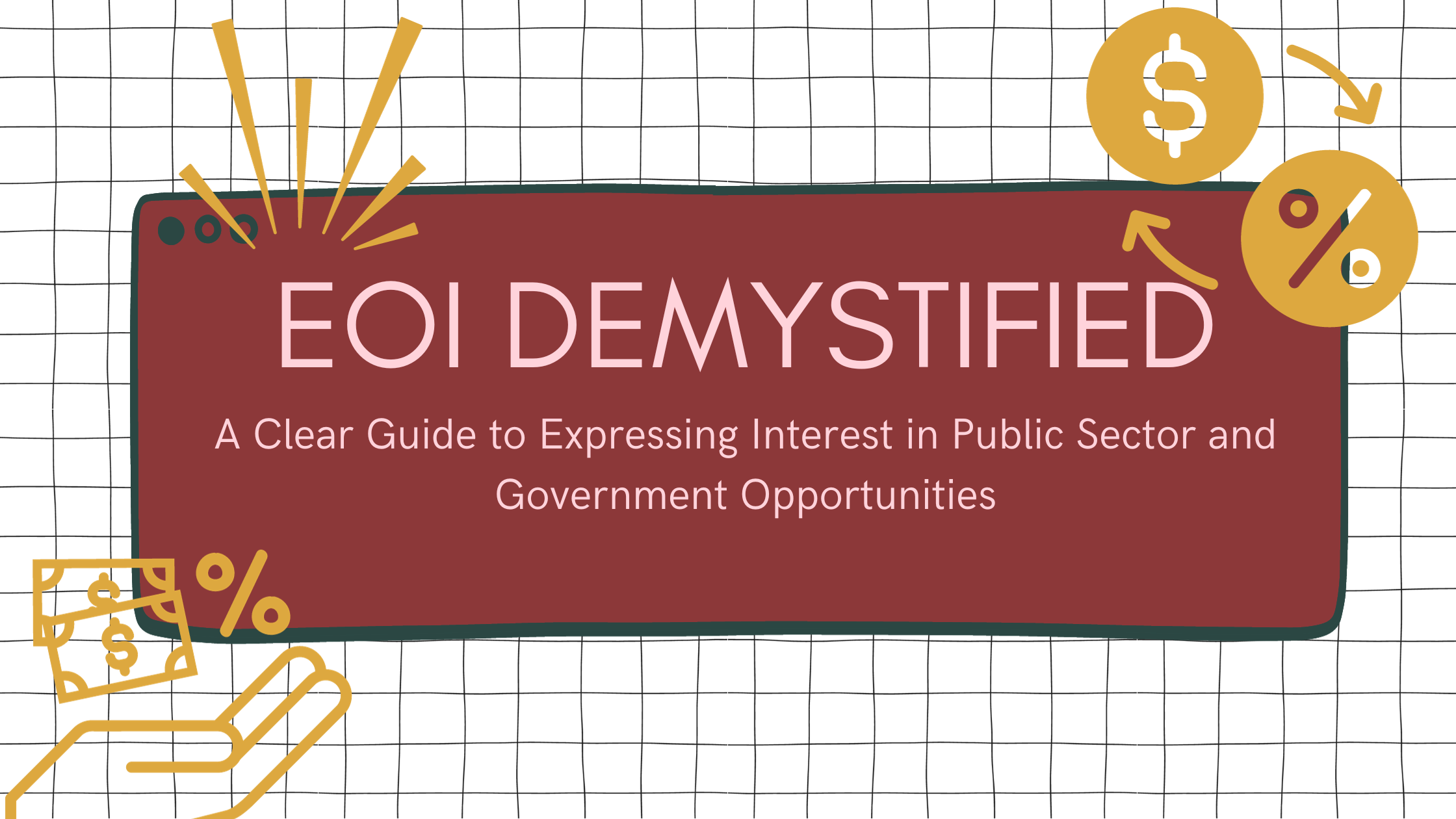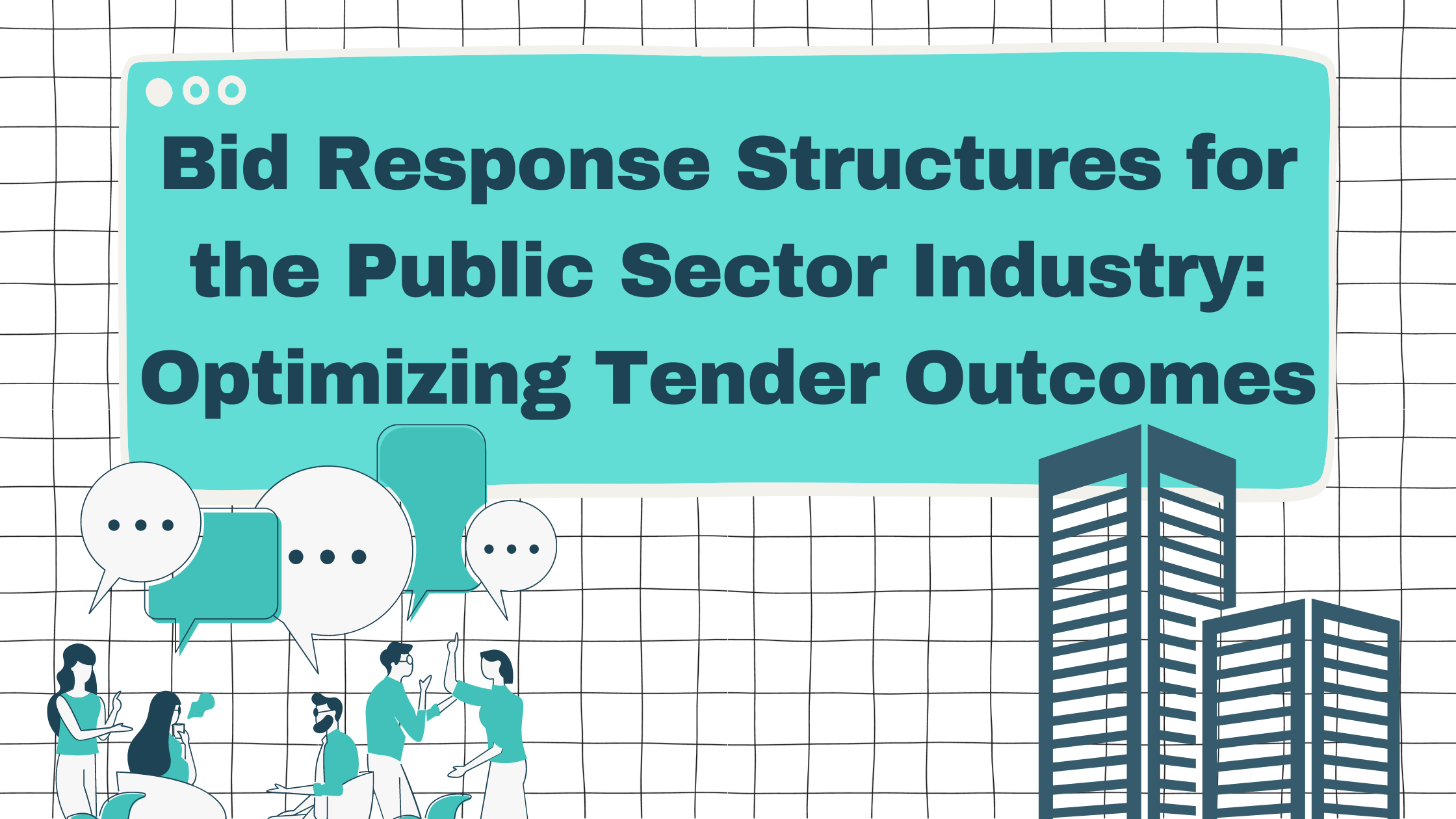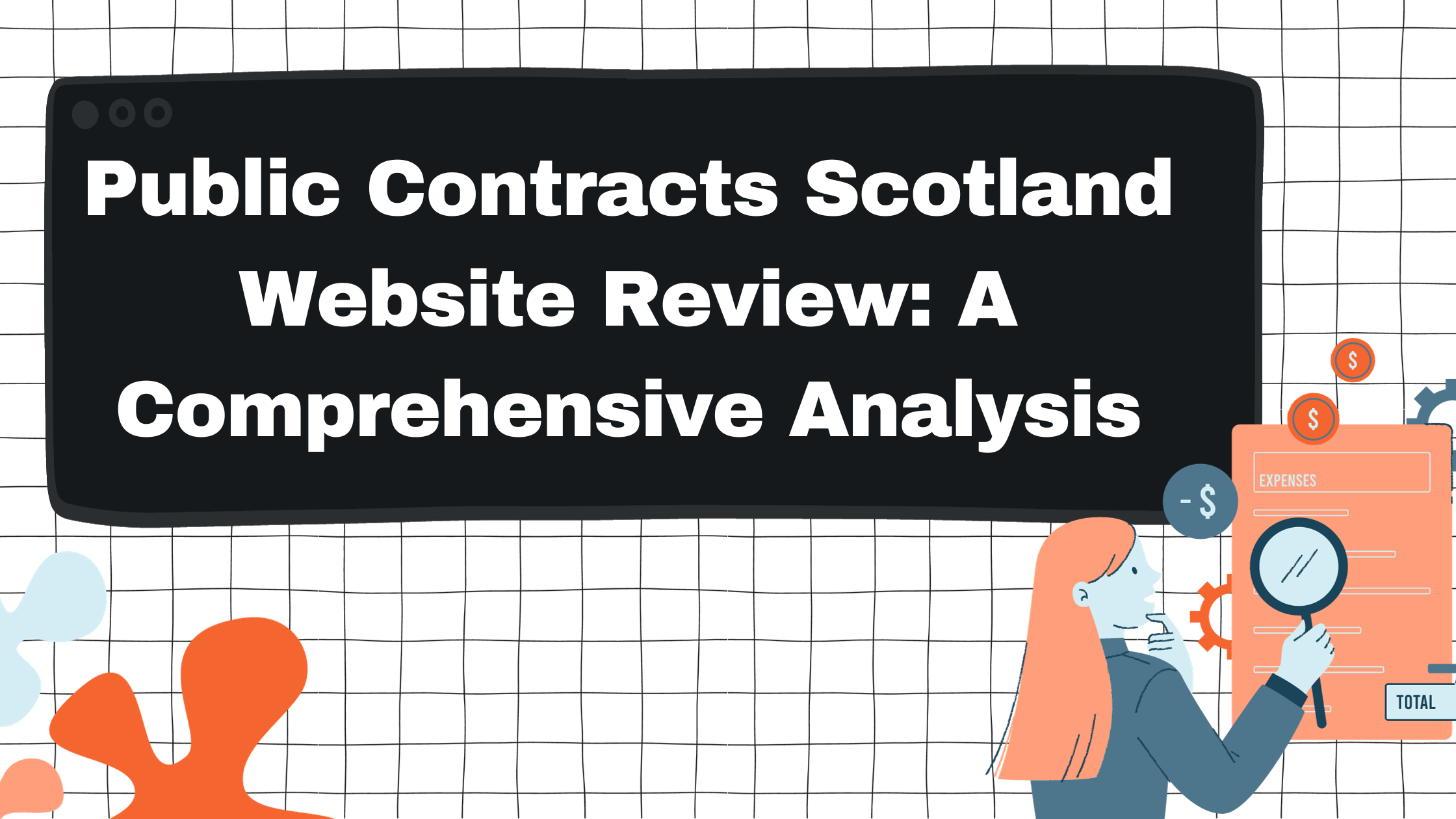Mastering Proposal Writing Services and RFP Writing: The Key to Securing Winning Bids

Need Help with Your Bid?
Get in touch by filling out the form and one of our advisors will be in contact.
Contact UsBecome a Proposal Writer: Master the Art of Crafting Winning Proposals
Entering the field of proposal writing means embarking on a career that combines the art of persuasion with the clarity of technical writing. Proposal writers play a crucial role in securing business opportunities and funding for their organizations by crafting compelling and informative documents. As the liaison between a company's offerings and a client's needs, these writers must possess a strong command of language, an understanding of business strategies, and the ability to present complex information in an accessible manner.

To become a successful proposal writer, one typically begins with a strong foundation in writing and research, often supported by a relevant bachelor’s degree. While the educational background can vary, common fields of study include English, communications, or marketing. Advancing in this career path involves honing a specialized skill set, which includes mastery in writing, editing, and a keen understanding of the industry one is writing for. Coupled with experience, proposal writers can develop a deep expertise that allows them to create tailored documents that speak directly to the needs and interests of their audience.
Key Takeaways
- Proposal writers require a blend of strong writing skills and business acumen.
- A relevant educational background and specialized training are foundations for success.
- Experience in the field enhances a proposal writer's ability to create persuasive content.
Understanding Proposal Writing
In proposal writing, the clarity of intention and the detail of the proposed solution are fundamental. A proposal writer crafts documents designed to persuade or inform stakeholders and decision-makers in a business context.
Defining Proposal Writing
Proposal writing is the process of creating documents aimed at suggesting a course of action, obtaining funding, or persuading potential clients or partners. A proposal writer is responsible for developing a compelling case for the project, clearly articulating the benefits, scope, and associated costs. Their work involves research, writing, and sometimes the management of the proposal submission process.
Types of Proposals
There are several distinct types of proposals that vary based on the audience and the requestor's relationship with the recipient. Here is a brief overview:
- Internal Proposal: These are written within an organization, proposing changes or new initiatives that require approval from management.
- External Proposal: Drafted for entities outside the organization, these might aim to establish partnerships, secure funding, or engage vendors.
- Solicited Proposal: Usually created in response to a specific request, often with set guidelines provided by the requesting party.
- Business Proposals: These are formal suggestions from one business to another to provide services or work together in some capacity. They can be either solicited or unsolicited.
Proposals play a significant role in achieving organizational goals, whether seeking to launch new projects or enter into contracts and agreements. A proposal writer must, therefore, adapt their approach based on the type of proposal and the intended audience.
Educational Pathways
The journey to becoming a proposal writer typically begins with formal education and can be further enhanced by professional certifications. A well-structured educational pathway lays the groundwork for the skills and knowledge needed in this field.
College Education
Prospective proposal writers are often advised to get a degree in fields such as Business, English, Communications, or a related discipline. A Bachelor's Degree is considered essential by many employers seeking to fill these roles, as it demonstrates a strong foundation in writing and analytical skills necessary for developing compelling proposals. Relevant courses can improve one's ability to articulate ideas clearly and develop persuasive arguments—a core aspect of the proposal writing profession.
Certifications and APMP
For those looking to specialize further, the Association of Proposal Management Professionals (APMP) offers certifications that signify expertise in the industry. APMP certification is globally recognized and shows that an individual has met industry benchmarks for knowledge and ability.
- Foundation Level: This is the entry-level certification, ideal for those with one to three years of experience.
- Practitioner Level: Targeted at those with more experience who are seeking to demonstrate a deeper level of competence.
- Professional Level: The highest certification level, suited for those with extensive experience and proven leadership in proposal management.
Gaining an APMP certificate can significantly enhance a proposal writer's credentials, indicating that they have committed to their professional development and have acquired advanced industry-specific skills.
Building Your Skill Set

To become a proficient proposal writer, one must hone a specific set of skills that blend strong writing capabilities with specialized industry knowledge. The mastery of these skills ensures that a proposal writer can create persuasive and effective proposals that stand out to clients and stakeholders.
Core Writing Skills
A successful proposal writer must command a firm grasp of the English language, including impeccable grammar, punctuation, and spelling. They should possess the ability to articulate complex ideas clearly and concisely, emphasizing attention to detail. In addition:
- Communication Skills: Effectively conveying ideas to diverse audiences.
- Technical Writing: Translating complex information into accessible text.
- Creativity: Crafting engaging content that captures interest and imagination.
Specialized Proposal Skills
Apart from general writing prowess, proposal writers need:
- Research Skills: They must swiftly gather, assess, and integrate pertinent data into their proposals.
- Organization: Ability to structure and present information logically is crucial.
- Experience: While not always required, experience in the relevant field can provide a competitive edge. (Learn more about proposal writer skills).
Combining these skills with real-world practice will equip aspiring proposal writers with the toolkit necessary to excel in this field.
Gaining Experience

Entering the field of proposal writing requires a strategic approach to gaining experience. Aspiring professionals should focus on developing a relevant skill set in related areas and actively seek advancement opportunities to progress in their careers.
Starting in Related Fields
Individuals embarking on a proposal writing career often begin by building work experience in related fields. For instance, starting in positions such as a technical writer, working in journalism, or engaging in business development roles can provide a strong foundation. Responsibilities in these roles often overlap with those of a proposal writer, such as researching, writing clear and compelling content, and understanding client needs within industries like technology, media, or finance.
To further enhance their career path, professionals might opt for freelance opportunities to demonstrate their ability to manage projects and liaise with clients. Networking with experienced professionals and seeking a mentor can provide invaluable insights. Additionally, shadowing a senior proposal writer offers a hands-on understanding of the job description and responsibilities of the role.
Advancing Your Career
As proposal writers gain more experience, they may seek to advance their career by targeting a promotion to a senior or lead role. This often involves taking on complex proposals, managing a team, and guiding the strategic direction of business development initiatives. Key to this progression is an individual's ability to effectively gather and integrate information from SMEs (Subject Matter Experts).
Professionals should also foster their career path by consistently expanding their professional network. Attending industry conferences, participating in professional groups, and connecting with peers on professional networking platforms can open up new opportunities. Notably, those who excel in these areas may find that they are well-positioned to transition into other strategic roles within their organizations or to offer their expertise as a freelance consultant to a wider range of clients.
The Professional Proposal Writer
In a world of communication and strategic initiatives, the professional proposal writer serves as the cornerstone for crafting compelling narratives that align with an organization's goals and vision. A comprehensive understanding of various proposal types is essential, as is the ability to execute each phase of proposal development with skill.
Daily Responsibilities
A proposal writer begins their day by reviewing project management plans and communicating with the proposal manager, project manager, and other stakeholders to understand the scope of new and ongoing proposals. Daily tasks often include drafting persuasive content, editing for clarity and impact, and tailoring messages for different departments within a corporation or nonprofit organization. These responsibilities are critical as the content must reflect the branding and strategic goals of the agency they represent.
- Communication: Fostering strong communication with team members for updates and feedback.
- Copywriting: Developing and copywriting marketing materials and proposals with a clear and persuasive narrative.
- Editing: Rigorously editing documents to refine technical knowledge conveyed in the proposal.
- Collaboration: Collaboration with graphics or design software specialists to ensure the visual branding is on point.
Career Advancement Opportunities
The pathway for career development as a proposal writer is dynamic, with ample room for growth into roles like proposal manager or project manager. Through continuous improvement of one's interpersonal skills, strategic planning, and critical thinking abilities, advancement can be rapid.
- Management: Moving into proposal management for oversight of the entire proposal development process.
- Specialization: Specializing in a particular type of proposal or industry increases value and expertise.
- Public Relations and Marketing: Transitioning into public relations or marketing for a broader scope of strategic communication functions.
Highly skilled proposal writers are adept at persuasive writing and have a keen eye for copy editing. These professionals possess not only a mastery over language but also an acute ability to understand complex project requirements and develop documents that clearly communicate an offer's value proposition to potential clients.
Frequently Asked Questions

Embarking on a career as a proposal writer involves understanding the qualifications, anticipating income potential, and recognizing the pathways to enter the profession. Here are answers to some of the most common inquiries.
What qualifications are needed to start a career as a proposal writer?
A career as a proposal writer typically requires strong writing and research abilities along with great attention to detail. Most employers seek candidates with a bachelor's degree in fields such as English, journalism, marketing, or communication.
Are there any specific certifications that will enhance my skills as a professional proposal writer?
While not required, certifications like the APMP (Association of Proposal Management Professionals) Certification can demonstrate a commitment to the profession and might enhance an individual's skills and job prospects.
What is the typical salary range for a proposal writer?
The salary for a proposal writer varies widely depending on the industry and experience level, with median salaries in the U.S. around $67,020 as of 2022. The range can stretch from approximately $12,757 to $340,335 annually.
How can someone with no prior experience get started in proposal writing?
Individuals with no experience can start a career in proposal writing by gaining experience through internships or entry-level positions, sharpening their writing skills, and building a strong understanding of the business environment they aim to enter.
How long is the process to become skilled in proposal writing?
Becoming skilled in proposal writing is an ongoing process, but individuals can often enter the field after completing a relevant degree. Mastery comes with experience, as nuances and strategies are learned over years of writing and adapting proposals to different clients and industries.
Can you suggest some common interview questions for proposal writer positions?
Prospective proposal writers should prepare for interviews by considering questions around their writing process, ability to work under tight deadlines, and experience with key tools and methodologies. Examples include crafting persuasive documents and tailoring proposal strategies to client requirements.
Ready to start your search?
Get in touch by filling out the form to the right and one of our advisors will curate a personalised selection for you.
Get in touchBlogs. Guides. Helpful advice.

Mastering Proposal and RFP Writing for Government and Public Sector Opportunities

Proposal and RFP Writing Services: Enhancing Public Sector Tender Outcomes

.svg)